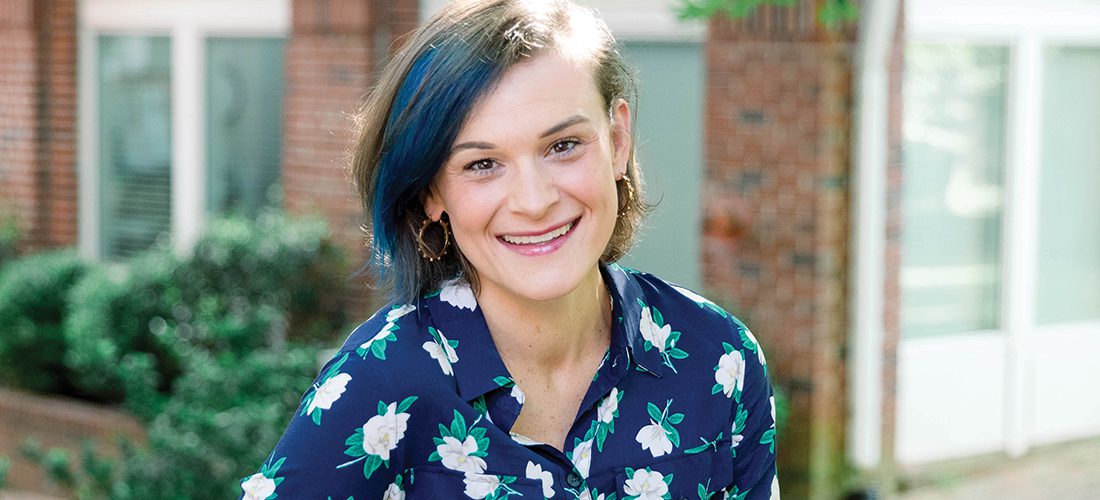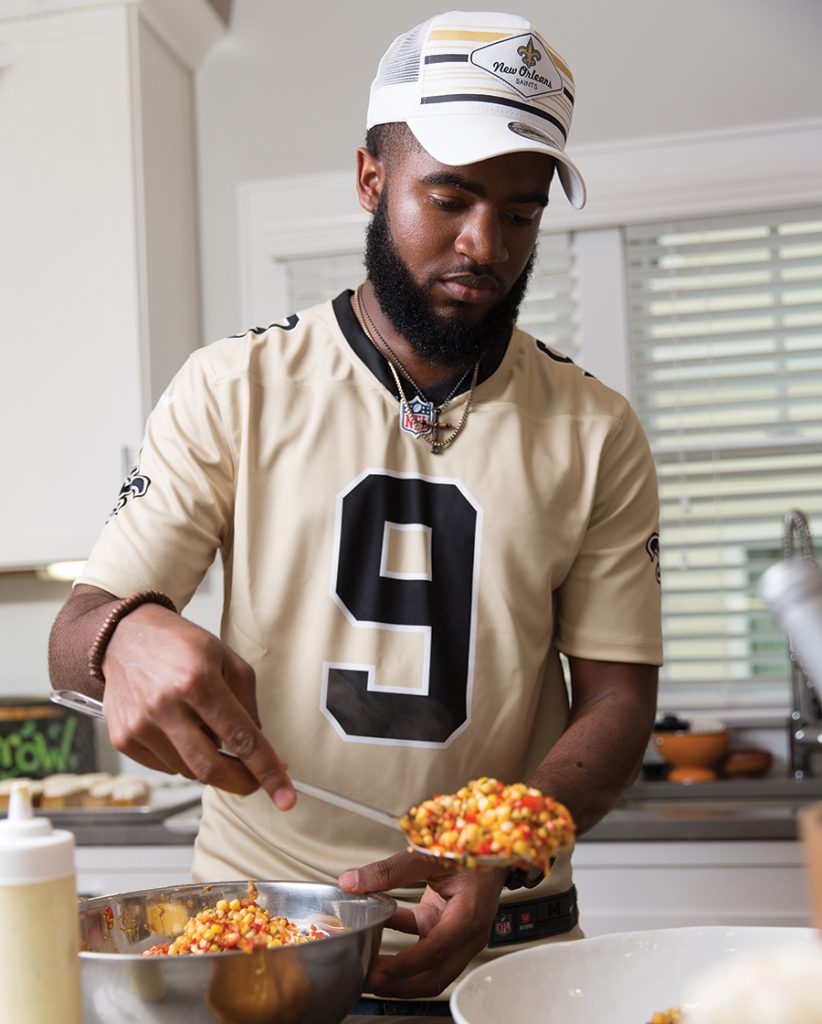Well + wise: No such thing as perfect
July 1, 2022

The risks of keeping flawless standards
by Juliet Lam Kuehnle
On the surface, perfectionism seems like a good thing. It’s motivating, allowing us to strive to be our best and give our all. What’s so bad about that? Perfectionistic approaches can easily turn negative when we continue to raise our standards for ourselves, making the bar harder to reach. This is simply because perfection is nonexistent, and constantly maintaining flawless standards is unrealistic. Attitudes of perfection fuel a belief that mistakes must not be made and that failure is unacceptable. This way of thinking implies that things are black and white, right or wrong, and that there is only one way. Applying this attitude to a world that is full of gray is a setup to be consistently disappointed, anxious and self-conscious or insecure.
We tend to think of perfectionism as: I must be perfect or I must do this perfectly. It is also driven by the assumption that if we don’t do something the one “right” way, we’ll fail. We assign the meaning of imperfection to be that we’re not good enough and, for many of us, that’s a really daunting, uncomfortable feeling. Because of that feeling, we allow unrealistic pressure to drive us. Perfectionism is so much about avoiding discomfort around the possibility of not being good enough. We must learn to sit with that discomfort and trust ourselves.
Local therapist Carrie Torn, who specializes in helping high achievers who struggle with anxiety and burnout, weighs in: “A piece of perfectionism that we tend to miss is the underlying fear of what other people think of us and a desire for approval. We strive for this impossible ideal of perfection to try and obtain a shield that we think will defend us against feeling judged, criticized or shamed. Our societal obsession with showing the world a ‘perfect’ version of ourselves, such as on social media, is driven by our human longing for connection and to be accepted, loved and praised by others.” Learning to accept ourselves as imperfect, Torn says, can allow us to let go of the weight of others’ opinions.
Meeting this discomfort with self-compassion can be done if we practice slowing down to make room for both logic and emotion. Here are some mantras that may help:
There is no such thing as perfect.
What would I tell a close friend in this situation?
My best is good enough.
I’m okay as I am.
I trust myself to move through this.

Juliet spoke with Chayil Johnson, chef de cuisine and educator at Community Matters Cafe. Below are excerpts from their interview, lightly edited.
How did you get started in the culinary industry?
I’m one of six siblings, with two really loving parents. I’m from New Orleans. I played baseball but was a very timid and scared kid. I may have been one of the most talented, but I was terrified. I was playing to not make a mistake. I don’t think I ever [reached] my full potential because I was always afraid. I was a perfectionist and overthinker. I eventually stopped playing baseball and started cooking more seriously. I started at the New Orleans Center for Creative Arts, in the cooking program funded by Emeril Lagasse, when I was 11. I randomly tried out for the culinary program and absolutely fell in love with it.
Perfectionism comes with so much anxiety. Cooking is also very creative and subjective, but it sounds like you were able to find permission to do it and feel okay in that process, unlike on the field where it felt like pressure.
I’ve thought a lot about why I didn’t stick with baseball. The biggest thing was that cooking was the first extracurricular thing I did where I was not afraid to fail. If I had a bad day in the kitchen, I would say, you know what, “there’s always tomorrow.” On the field, I would dwell on a bad day and sit in it with so much guilt, thinking I let people down.
As you were finding your confidence in that world, what was your mental health like?
I was a happy-go-lucky kid under 13, and then I started to take things more seriously and I had to be the best. I’m very competitive, primarily with myself. My attitude was if I’m not making myself better every day then what’s the point of me doing this? I was so serious. I look back and think, younger Chayil needs to chill out a bit.
I’m exhausted hearing your rigid schedule as a teen! Did you burn out?
No, I thrived in that discipline. I would agree that it’s rigid. When things start falling out of structure for me, the world feels like it’s falling apart, I feel out of balance.
For people who are wired as perfectionists, being out of control is really anxiety-provoking. What does 24-year-old Chayil want to say to 13-year-old Chayil?
Relax man, you’re doing good. When I was younger, I thought I was doing a lot worse than I was, so I thought I was getting behind everybody else and needed to catch up. I was my own worst critic. I looked at it so negatively when I was younger. I was so self-deprecating. You have to speak positivity and find room for spontaneity and mistakes. SP
Juliet Kuehnle is the owner and a therapist at Sun Counseling and Wellness. The full interview of Kuehnle’s “Who You Callin’ Crazy?!” interview featuring Chayil Johnson can be found on Instagram @yepigototherapy or wherever you stream podcasts.

